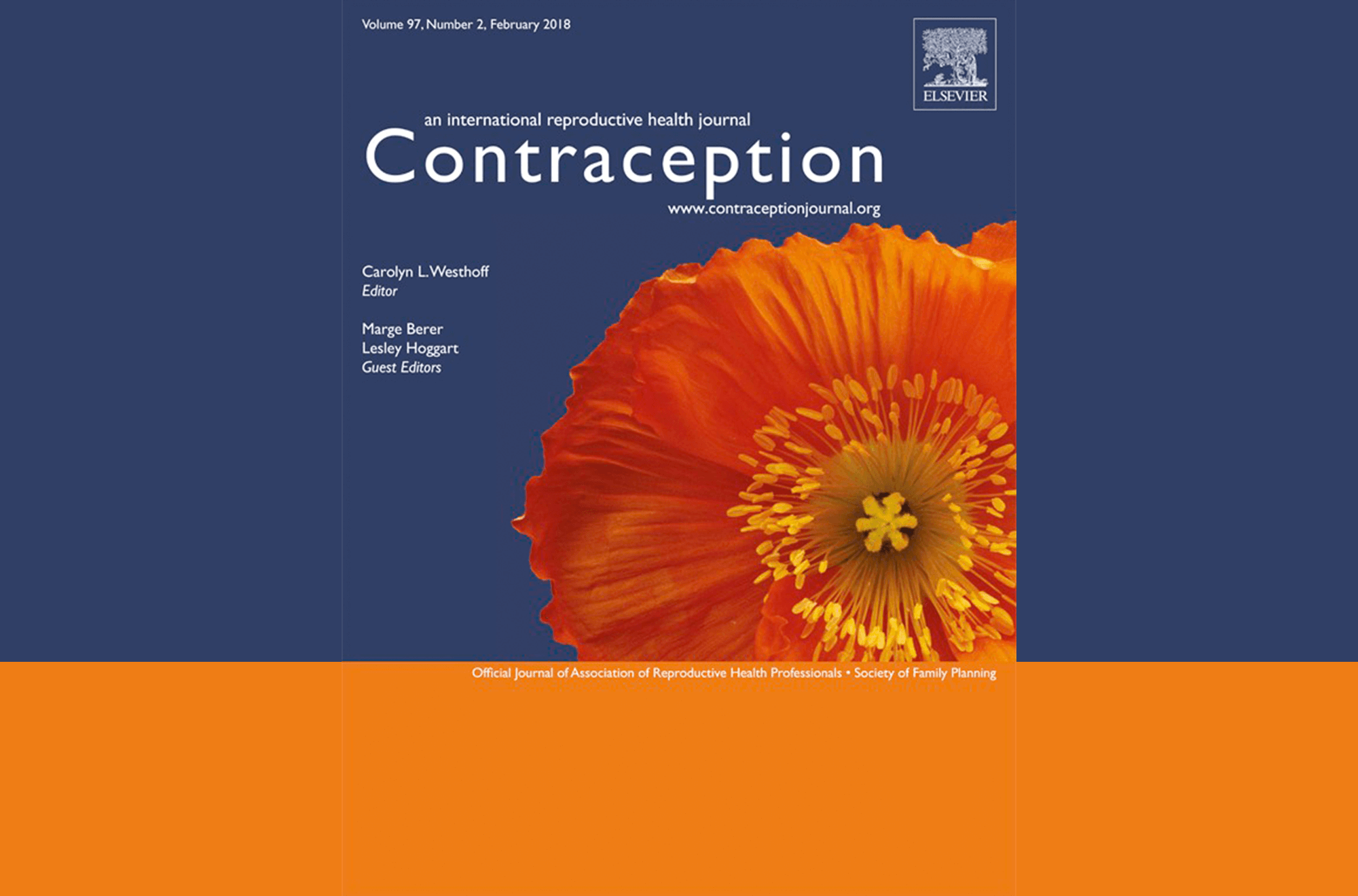
Almost the whole edition of Volume 121, May 2023 of Contraception includes papers about medical abortion issues in the USA in the context of the post-Roe v. Wade chaos of illegal abortion in some states and legal abortion in others, plus the threat to mifepristone access. (Note: the American name for medical abortion pills is “medication abortion”.) The following are titles and authors of three of the dozen or more papers:
+++
Medication abortion with misoprostol-only: A sample protocol
by Elizabeth G Raymond, Alice Mark, Daniel Grossman, Anitra Beasley, … Ushma D Upadhyay
…. In settings where mifepristone is not available, and especially outside the USA, clinicians and people who self-manage abortion have been using misoprostol-only for decades. Misoprostol-only regimens are endorsed as a medically acceptable option by the World Health Organization and other international and national professional guidelines for abortion care. However, documented experience in the U.S. has been limited. Here, we present a brief summary of data on misoprostol-only abortion and a sample protocol for U.S. clinicians who wish to offer it….
+++
by Leah R Koenig, Elizabeth G Raymond, Marji Gold, Christy M Boraas, Bliss Kaneshiro, Beverly Winikoff, Leah Coplon, Ushma D Upadhyay
…. We analyzed data from no-test medication abortions with medication provided either by mail or in a clinic from 11 United States clinics from February 2020 to January 2021. We examined mean number of days from patients’ first contact with the clinic to mifepristone ingestion, its two-component intervals (first contact to medication dispensing and dispensing to mifepristone ingestion), and pregnancy duration at mifepristone ingestion. Among the 2600 records, patients took mifepristone on average at 49 days of gestation and 7 days after first contact….
While time from first contact to dispensing was similar across methods (6 days in-person, 5 days mailed), more time elapsed from dispensing to mifepristone ingestion when medications were mailed (4 days from clinic, 5 days from mail-order pharmacy) versus dispensed in-person (0.3 days). Time to mifepristone ingestion was shorter with higher pregnancy duration. Pregnancy duration at ingestion was similar across methods (48 days in-person, 50 days mailed).
Mailing medications did not significantly prolong time from patients’ first contact with the clinic to mifepristone ingestion or increase pregnancy duration at mifepristone ingestion.
Implications: Abortion providers should offer a range of medication abortion dispensing options, prioritizing patient preference.
+++
by Lara Crystal-Ornelas, Shashi Sarnaik, Shokoufeh Dianat, Christine Dehlendorf, Kelsey Holt
… Implications: Our finding that patients experience varying levels of coercion to allow trainee participation in their abortion care highlights the dire need for patient-centred systemic changes — such as ensuring that consent take place outside the procedure room in a scripted fashion at eye level, while patients are clothed, and without trainers/trainees present — to maintain patient autonomy.



